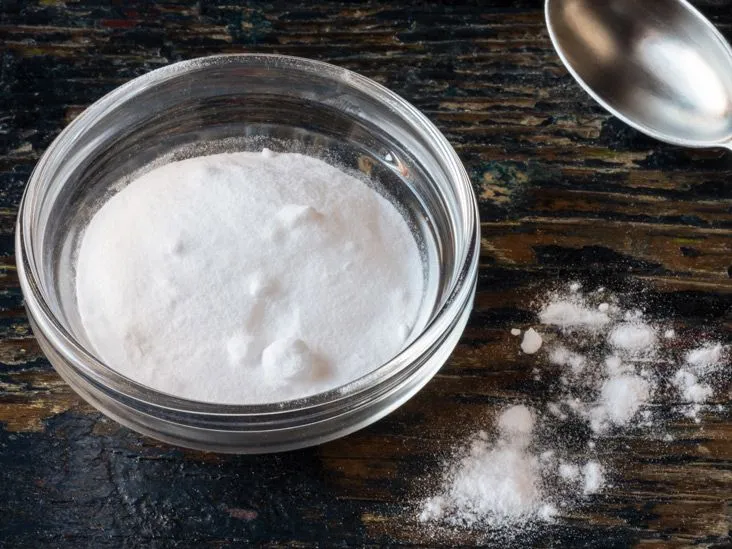The Comprehensive Guide to Sodium Benzoate

What Is Sodium Benzoate? Everything You Need to Know
Have you ever checked the ingredient list on your favorite soda or packaged food and wondered about sodium benzoate? This man-made chemical is widely used as a preservative—not just in foods and beverages, but also in medications and cosmetics. It helps extend shelf life by slowing down the growth of bacteria, mold, and other microorganisms.
Understanding Sodium Benzoate
Sodium benzoate is created by combining benzoic acid with sodium hydroxide. While benzoic acid occurs naturally in fruits like apples, berries, and even in spices like cinnamon, sodium benzoate does not occur naturally and is specifically produced for industrial use. It easily dissolves in acidic environments, which makes it perfect for a variety of products.
Its Many Uses
- Foods and Beverages: You’ll find sodium benzoate in sodas, pickles, salad dressings, and even certain types of fruit juices. The FDA and other international agencies deem it safe within regulated levels (up to 0.1% by weight).
- Medications: It preserves liquid medicines like cough syrups and helps in the smooth production of tablets. In higher, controlled doses, it can even help lower dangerous levels of ammonia in the blood.
- Cosmetics and Personal Care: Many shampoos, toothpaste, and even baby wipes include sodium benzoate to maintain product freshness.
- Industrial Products: It’s employed to prevent corrosion, stabilize plastics, and even assist photo processing.
Safety and Health Concerns
While most experts agree that sodium benzoate is safe when consumed within the acceptable daily intake levels set by organizations like the WHO, some concerns still remain. For example, when combined with vitamin C, it can potentially form benzene—a known carcinogen—in beverages, especially in diet sodas. Have you ever wondered if the storage conditions, such as exposure to heat or light, could affect the levels of benzene in your drink?
Beyond this, preliminary studies suggest that sodium benzoate might be linked to inflammation, oxidative stress, and even issues like ADHD or appetite control. However, more human-focused research is needed to confirm these findings. For those with sensitivities, it might be wise to check labels or consult with a healthcare professional.
Medicinal Benefits and Considerations
Interestingly, when used under strict medical supervision, sodium benzoate can offer benefits. In controlled doses prescribed for certain conditions, it helps reduce high blood ammonia levels—a serious issue for people with liver disease or metabolic disorders. Research is also exploring its potential in treating conditions like schizophrenia, multiple sclerosis, and even depression. Still, it’s important to note that used as medicine, sodium benzoate may have side effects such as nausea, vomiting, or even the depletion of important amino acids.
The Bottom Line
Overall, sodium benzoate is a common food preservative that helps keep many products safe and long-lasting. The levels typically found in foods and beverages are considered safe by regulatory authorities. However, if you are concerned about potential health risks or have noticed unusual reactions after consuming products with sodium benzoate, consider reducing your intake of heavily processed foods and opt for items with fewer synthetic additives.
Next time you read that ingredient list, you’ll know exactly what sodium benzoate is all about—and maybe even ask a few questions about how it impacts your health.